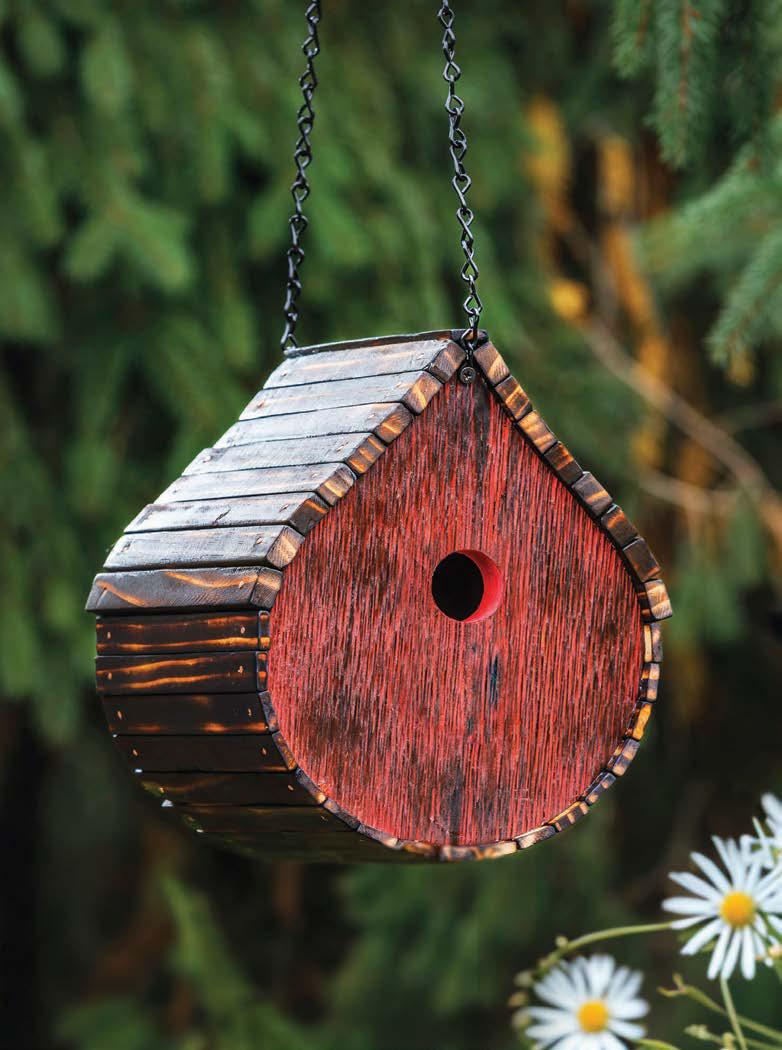
Step 1: Create a template like the one on the next page. Then transfer it onto wood face pieces (A) by tracing over carbon paper, or simply cutting out the template and outlining it with a marker.
Pro tip: Templates don't have to be complicated; there's no need for a fancy computer illustration application. You'll be amazed how easy it can be by using the line and shape tools in Microsoft Word.
Step 2: Cut out the exact same shape for the front and back faces (A), use a small dab of hot glue or double-sided tape to secure the two pieces of wood together. Then cut them as one.
Using a jigsaw or band saw, cut out the silhouette you've drawn on your wood. Any adhesive residue left behind can be sanded back later.
Pro tip: For a more accurate shape, cut on the outside of the line, then clean up to the line using a sander with 150-grit sandpaper.
Step 3: For this box suited for house wrens, place the entrance hole 4 in up from the bottom of the face.
Using a drill with a 1-in. Forstner or spade bit, drill through the front face (A) of the birdhouse. I used a drill press. If you use a drill, be sure to clamp down the wood so it isn't moving around when you're drilling.
Pro tip: For a clean hole and to avoid blowout from the back side, place a sacrificial piece of wood under the wood you're a drilling through.
Step 4: Make cuts for roof pieces (B) and body pieces (C) to go around the sides and base. (Refer to the cutting list, or adjust according to your design.) These pieces will connect to your front and back faces (A) to create the shape.
Esta historia es de la edición April/May 2024 de Birds & Blooms.
Comience su prueba gratuita de Magzter GOLD de 7 días para acceder a miles de historias premium seleccionadas y a más de 9,000 revistas y periódicos.
Ya eres suscriptor ? Conectar
Esta historia es de la edición April/May 2024 de Birds & Blooms.
Comience su prueba gratuita de Magzter GOLD de 7 días para acceder a miles de historias premium seleccionadas y a más de 9,000 revistas y periódicos.
Ya eres suscriptor? Conectar
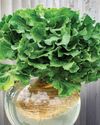
Basics of Hydroponics
Use these top tips and plant picks to have a successful soil-free garden
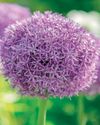
Rooted in Resilience
These hardy perennials will thrive in most zones
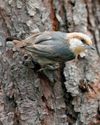
Social and Supportive
Brown-headed nuthatches take a helpful approach to raising their young

All About Owl Pellets
And why you should give a hoot about them
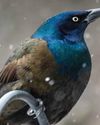
Ask the Experts
Advice from our pros about houseplants, bird feeding and more
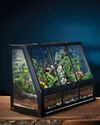
BRING THE OUTDOORS IN
Making a terrarium is about as close as you can get to a Zen DIY project. Once you have gathered the proper materials and squared away your plant selections, it's as simple as layering it all together and watching your mini ecosystem thrive. Here, I'll walk you through my foolproof process and cover all the required elements for good filtration, healthy soil, strong root growth and resistance against fungus and disease.

GROW THIS. NOT THAT
Six easy-to-grow houseplants—and six that may not be the right choice for you

Winter MAGIC
Forecasts may be frigid, but grab your binoculars because birding opportunities are still incredible
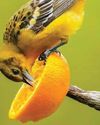
Sense or Nonsense? - Why some birds can taste and smell - but others can't
Does a porcelain berry taste like a blueberry to a gray catbird? Does a block of lard smell like frying bacon to a northern flicker? The short answer is no. While some avian species do have a well-adapted sense of taste or smell, they can't distinguish between flavors and odors the way humans can. They're not picking up every ingredient in the suet you put out, says José Ramírez-Garofalo, an ornithology researcher at Rutgers University in New Jersey and the director of Freshkills Biological Station in Staten Island, New York.

Maple Mania - Amazing facts about this fall foliage mainstay
Amazing facts about this fall foliage mainstay